
Every three years, New York City’s Design Trust for Public Space publishes an RFP challenge that aligns with a chosen theme related to the Trust’s mission of promoting community needs through a lens of effective and impactful design.
This year’s theme, The Restorative City, addresses concerns of health equity in a city where life expectancies vary by twenty years depending on the economic and social conditions of the neighborhood. New York is still recovering from a tumultuous 18-month stretch in which it lost more than 30,000 citizens and saw heinous planning gaps exposed as a very avoidable product of natural disaster.
With this in mind, the Trust has once again issued a call to action for New City’s urban planning and design professionals to address the pressing needs of the day using public health as a mandate. A look at how this year’s winners met the challenge is below.
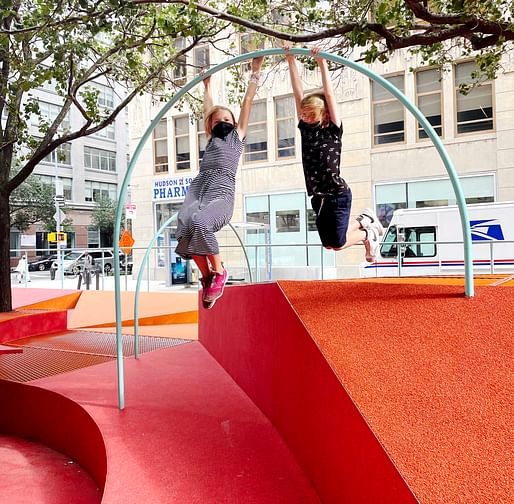
The Neurodiverse City
Lead Partners: Verona Carpenter Architects and WIP Collaborative
Entry statement: "Though we live in a neurodiverse city, the design of the public realm does not support the entire population and their range of physical, neurological, and emotional needs. In the wake of the isolation and trauma of the pandemic, it is urgent that our city spaces offer inclusive zones where all of us, including those with 'invisible disabilities' and sensory sensitivities, can come together and find restorative common ground. Through a research and co-creation process with local communities, this project will examine existing public spaces — such as playgrounds, streetscapes, and pocket parks — and propose new design guidelines to support the greatest range of physical and neurological differences."
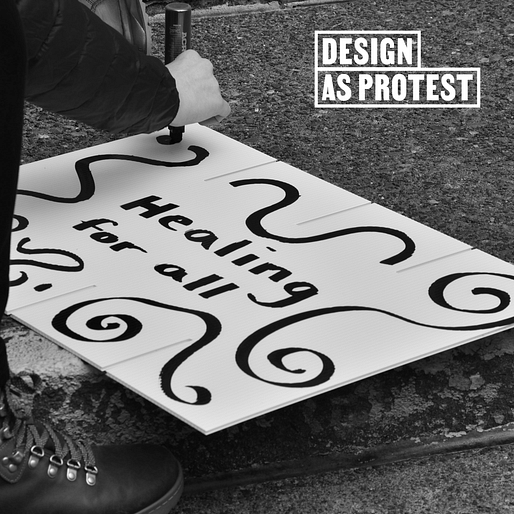
Healing Hostile Architecture: Design As Care
Lead Partner: Design as Protest
Entry statement: "Attempts to regulate 'undesirable uses and behaviors' have created hostile architecture, which negatively affects those suffering from housing instability. The project proposes to develop alternative policies to hostile architecture through the creation of new design models that are restorative and regenerative."

Kinderspace: Architecture for Children's Development #2
Register by Thu, Jan 16, 2025
Submit by Mon, Jun 16, 2025
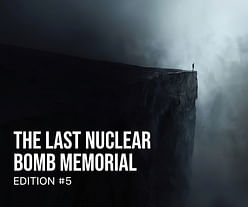
The Last Nuclear Bomb Memorial / Edition #5
Register by Thu, Jan 16, 2025
Submit by Wed, Feb 19, 2025
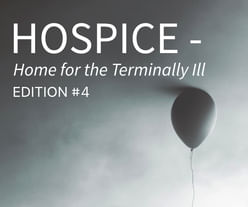
Hospice - Home for Terminally Ill #4
Register by Wed, Jan 15, 2025
Submit by Mon, Jun 16, 2025
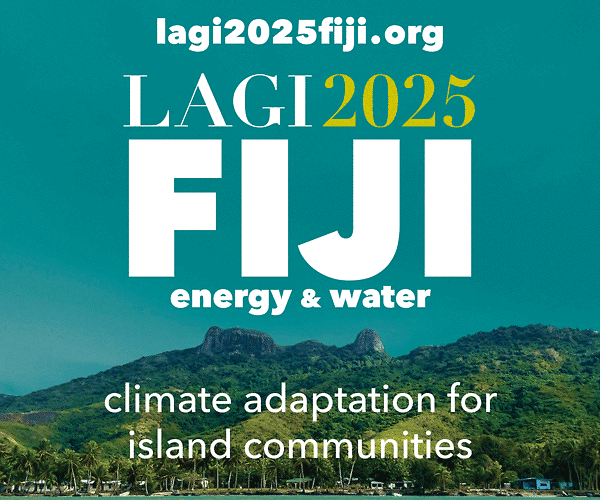
Land Art Generator Initiative 2025 Fiji: Climate Resilience for Island Communities
Register/Submit by Mon, May 5, 2025
No Comments